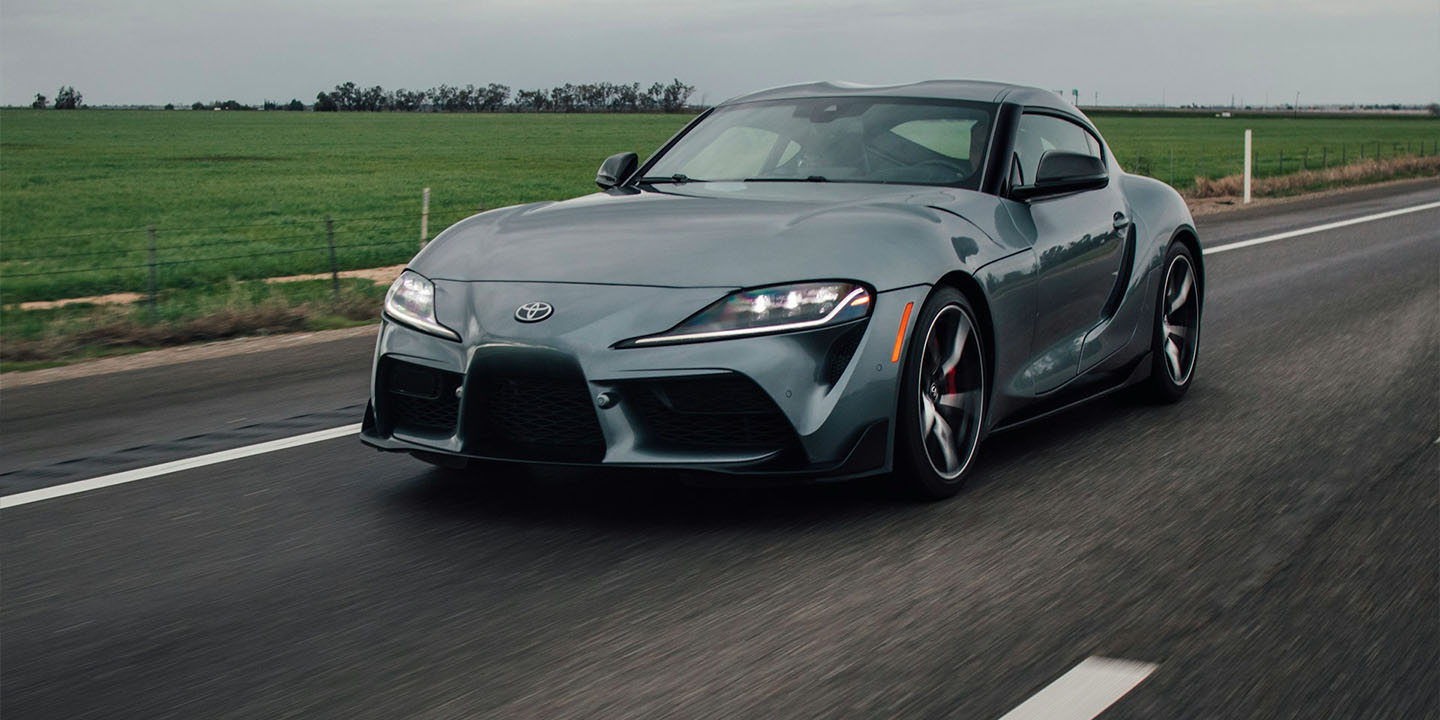Cars are a serious investment that you shouldn't take lightly, at least without looking at all of the options. There are so many things to consider when looking to buy the car of your dreams. That's why we have compiled a list of the 20 most important things to think about when looking for your new car.
1. Budget
Figure out how much you are willing to spend on your dream car. Remember that on top of your car payments you also have the costs of insurance, maintenance, and fuel.
 Photo by Sid Balachandran on Unsplash
Photo by Sid Balachandran on Unsplash
2. New or Used
Decide if you’re going to get a new car or a pre-owned one. While new cars typically have better warranties, the same car used can be far more reasonably priced.
![]() Photo by Obi - @pixel8propix on Unsplash
Photo by Obi - @pixel8propix on Unsplash
3. Stick shift or Automatic Transmission
Most cars today use automatic transmission as it simplifies driving by eliminating the clutch. However, many people swear by manual stick shift transmissions as it offers a more fun, thrilling experience. They are quite different options so be sure to know what kind of car transmission you’re looking for.
 Photo by Kevin Fitzgerald on Unsplash
Photo by Kevin Fitzgerald on Unsplash
4. Fuel Efficiency
You’ll want to consider the gas mileage as fuel costs can range quite a bit between vehicles. You may also want to consider Electric or hybrid options which can offer even better mileage but with separate costs.
 Photo by Scott Rodgerson on Unsplash
Photo by Scott Rodgerson on Unsplash
5. Maintenance Costs
Research what the expected maintenance costs of your dream car may be. Typically, the more luxurious cars have higher maintenance costs, due to more intricate and specialized parts.
 Photo by Tim Mossholder on Unsplash
Photo by Tim Mossholder on Unsplash
6. Insurance Costs
Reach out to insurance companies for quotes as to how much your vehicles premiums will cost. The higher your car’s safety rating, the lower the insurance payments.
 Photo by Vlad Deep on Unsplash
Photo by Vlad Deep on Unsplash
7. Financing Options
Determine the financing options for the car.
Is it an auto loan, lease, or cash payment? Always read the terms and conditions carefully, especially whenever dealing with loans or leases.
 Photo by micheile henderson on Unsplash
Photo by micheile henderson on Unsplash
8. Safety Features
Look into how safe your car is, some are far safer than others. Found out its safety rating. Does it have features like an anti-lock braking system, rear-view camera, all wheel drive, air bags for every seat?
 Photo by Alexander Grey on Unsplash
Photo by Alexander Grey on Unsplash
9. Size and Seating Capacity
Consider how big of a vehicle you want to drive and its seating capacity. Larger vehicles will have more space but they may be harder to maneuver and park.
 Photo by Frans Ruiter on Unsplash
Photo by Frans Ruiter on Unsplash
10. Resale Value
Be aware of the resale value of the car you’re looking for. Most cars depreciate the second you drive it off the lot, but some retain most of their value. Quite important for when you decide to sell or trade in your vehicle down the road.
 Photo by Hilbert Hill on Unsplash
Photo by Hilbert Hill on Unsplash
11. Car's History
When purchasing a used car, make sure to validate the car's history and past ownership. To save yourself in the future be sure to get a car history report, they will tell you about any accidents or past damage.
 Photo by Martin Katler on Unsplash
Photo by Martin Katler on Unsplash
12. Interior Comfort
The interior of the car is far more important than how it looks on the road. You spend all your time inside the car. Think about how comfortable it is, the seat material, the paneling, the cup holders etc.
 Photo by Viktor Theo on Unsplash
Photo by Viktor Theo on Unsplash
13. Technology Features
Take a look at the cars available technology. How does the infotainment system look? How is the dashboard set up? Is there a rear-view camera? Are there any driver-assist functions? All of these features can make your drive that much more convenient.
 Photo by Martin Katler on Unsplash
Photo by Martin Katler on Unsplash
14. Test Drive
It is always wise to test drive the car before buying. It’s the only way to get a true feel of the car's handling, braking, and overall performance. This could be your car so make sure you feel satisfied with your first driving experience.
 Photo by Eugene Chystiakov on Unsplash
Photo by Eugene Chystiakov on Unsplash
15. Cargo Space
Make sure the vehicles cargo capacity meets your needs. A large family is going to need more space, especially if you plan to use the vehicle for family vacations or moving heavy loads.
 Photo by Clay Banks on Unsplash
Photo by Clay Banks on Unsplash
16. Available Warranty
Be sure to find out what warranties are being offered. Warranties will help you have some peace of mind, protecting your investment from anything that may happen to it.
 Photo by Håkon Sataøen on Unsplash
Photo by Håkon Sataøen on Unsplash
17. Vehicle's Condition
All used cars should be assessed by a trusted mechanic to determine its condition. The car may look great on the outside, but have tons of problems when you flip open the hood.
 Photo by Kenny Eliason on Unsplash
Photo by Kenny Eliason on Unsplash
18. Running Costs
Consider the overall running costs of your vehicle. You will be paying for fuel, maintenance, and insurance on a month to month basis.
Know your monthly bills.
 Photo by Erik Mclean on Unsplash
Photo by Erik Mclean on Unsplash
19. Spare Parts Availability
Be aware with how expensive parts can be base on how common the car make and model are. Spare parts for Honda, and Toyota are far less expensive than brands like Audi or BMW.
 Photo by Tim Mossholder on Unsplash
Photo by Tim Mossholder on Unsplash
20. Your Lifestyle
Consider how well the car fits into your lifestyle. For example, a sporty car might be great for a single bachelor but not exactly suitable for a family with kids.








